10 Best Soap Making Books: From Beginner to Advanced
If you’re looking to delve into the world of soap making, here are the 10 best soap making books to read, whether you’re a newbie, or seasoned pro.
Make your own homemade soap bars using cold process, hot process, or melt and pour methods. Brush up on soapmaking tips and FAQs.

If you’re looking to delve into the world of soap making, here are the 10 best soap making books to read, whether you’re a newbie, or seasoned pro.

We all know that mother’s milk is nourishing for baby. But are there any real breast milk soap benefits? Here’s what you need to know.
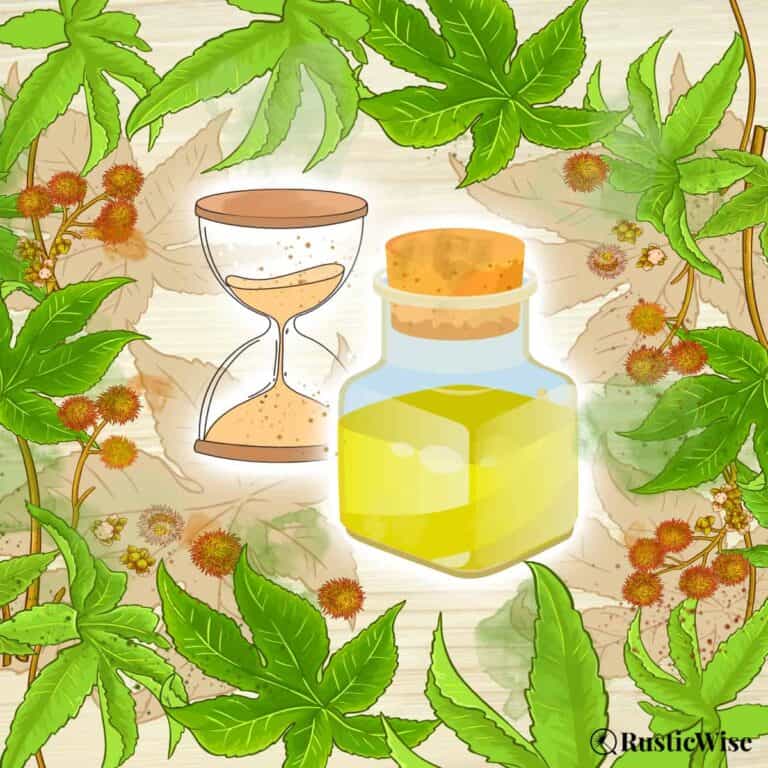
If you found an old bottle of castor oil, you’re probably wondering, does castor oil expire? Yes, it does, but we’ll show you how to extend its shelf life.
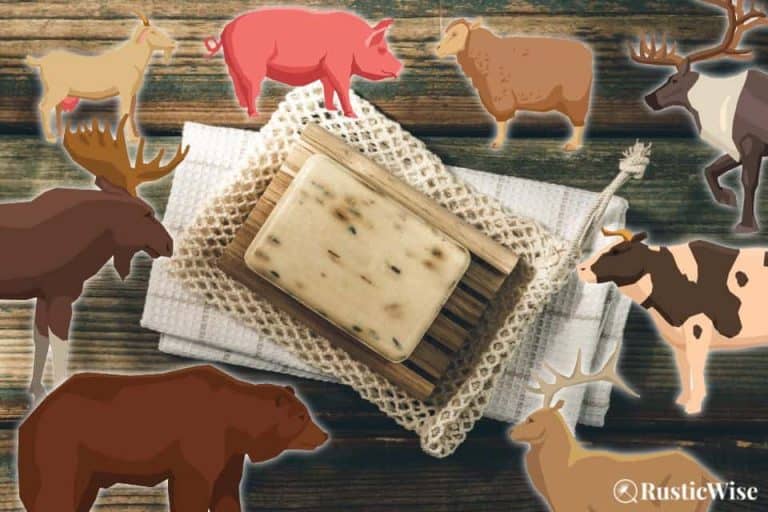
Learning how to make soap from animal fat isn’t as tricky as it sounds. Basic soap from scratch requires just lye, fat, and distilled water. Learn more!

If you’ve seen a mousse-like soap product, you’re probably wondering, what is whipped soap? It’s a multi-purpose body product good for hands, body, and more.
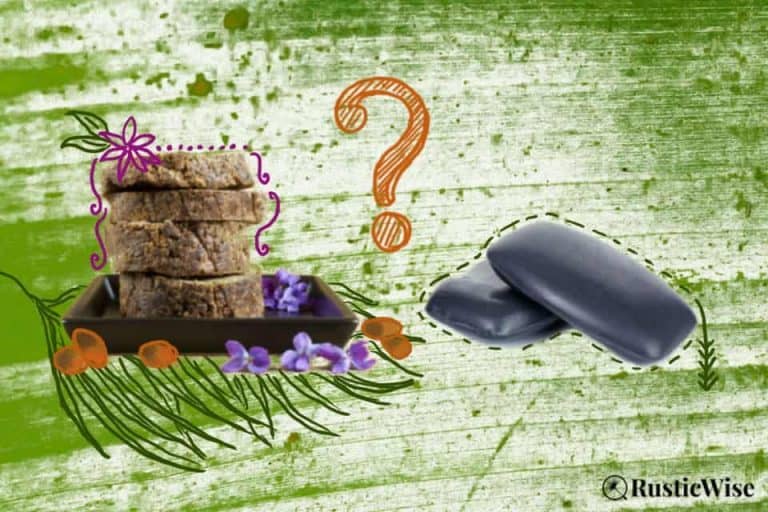
‘Buyer beware’ applies when buying black soap. We’ll show you differences between real African black soap vs. fake knockoffs. Learn more.

If you’re looking for a multitasking cleanser, you may wonder, can you use bar soap on hair? That depends. We’ll look at differences between soap and shampoo.
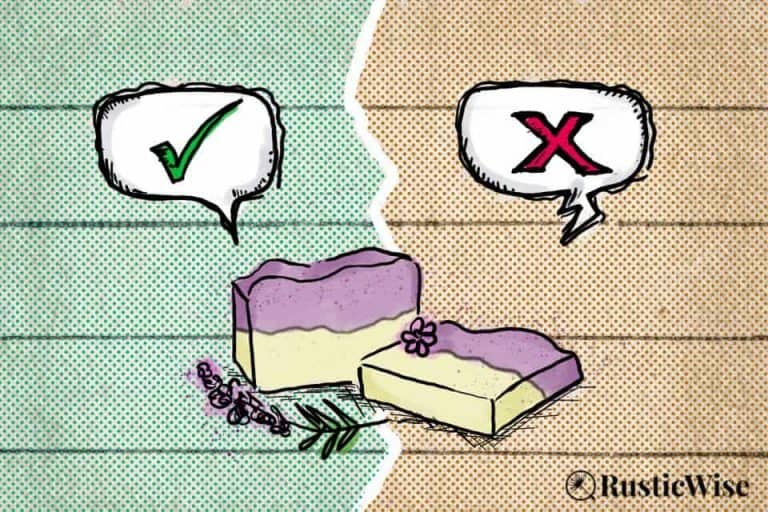
If you’re interested in making or using natural handmade soap, here’s a list of facts you need to know. Plus, we’ll also debunk myths about homemade soap!

Learning how to make organic soap (rather than just natural soap) requires a closer look at the ingredients used. Let’s learn more about organic vs. natural.
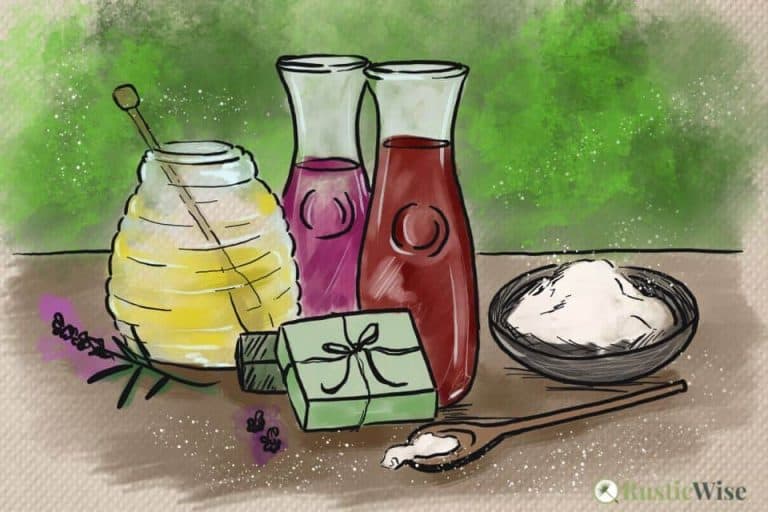
If you want to boost lather and moisturizing properties in soap, add a bit of sugar or sorbitol in DIY soap. Learn a few tricks about using sugars in soap!
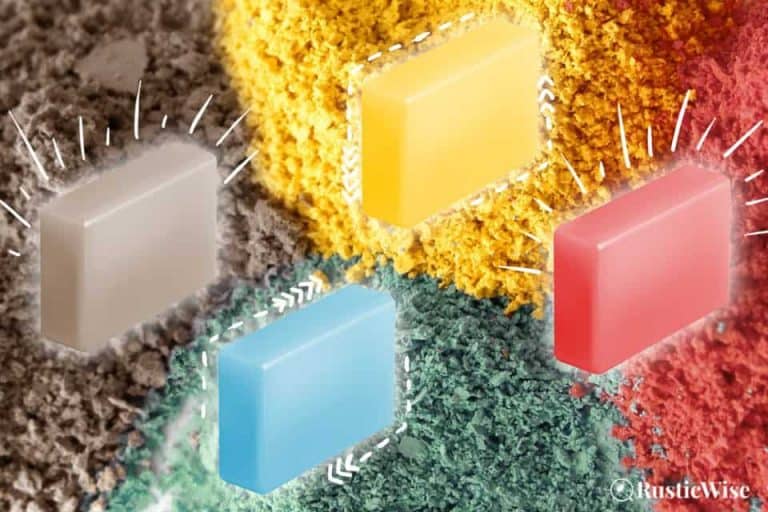
Here’s a roundup of the best clays for soap making + the skin types they work with. If you’re looking to deep-clean your skin, add a bit of clay to your soap!
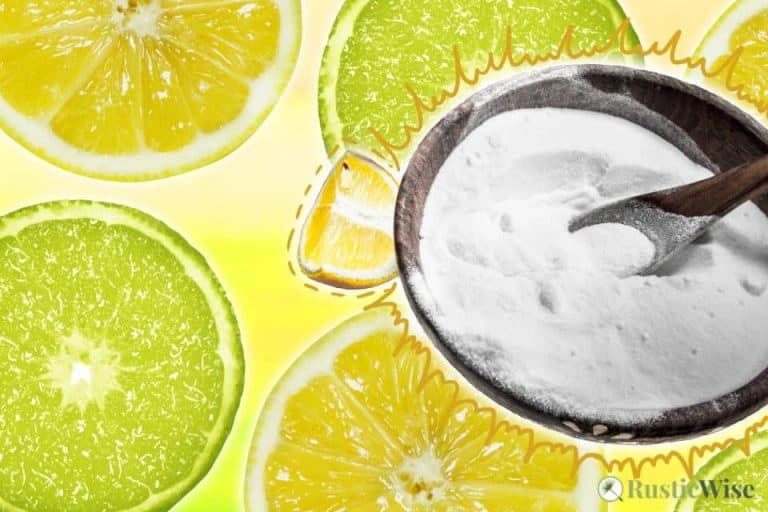
If you have hard water, using citric acid in soap making can help banish soap scum and extend the shelf life of soap. Learn all about using this handy acid!

There are many benefits of palm oil in soap. It adds hardness and stable, creamy lather. But, the use of this oil is controversial. Find out why.
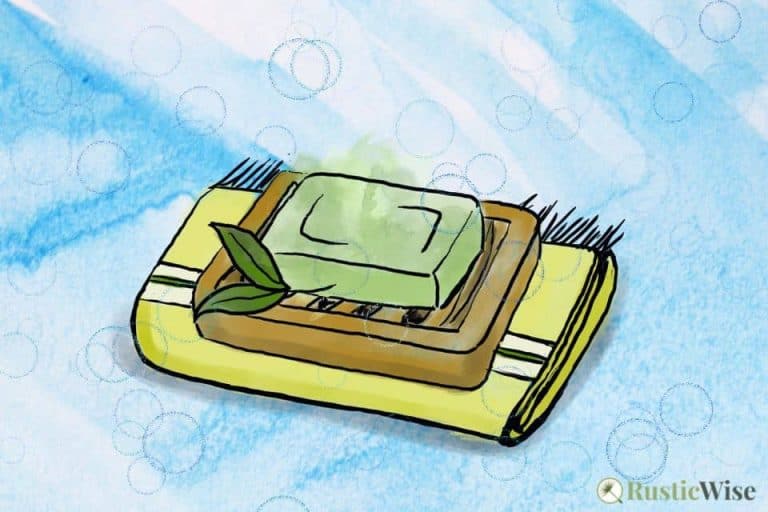
If your soap bar is melting away, there are easy ways to fix this. Here’s a roundup of tips to make soap last longer, plus an easy hack to dry out mushy soap.
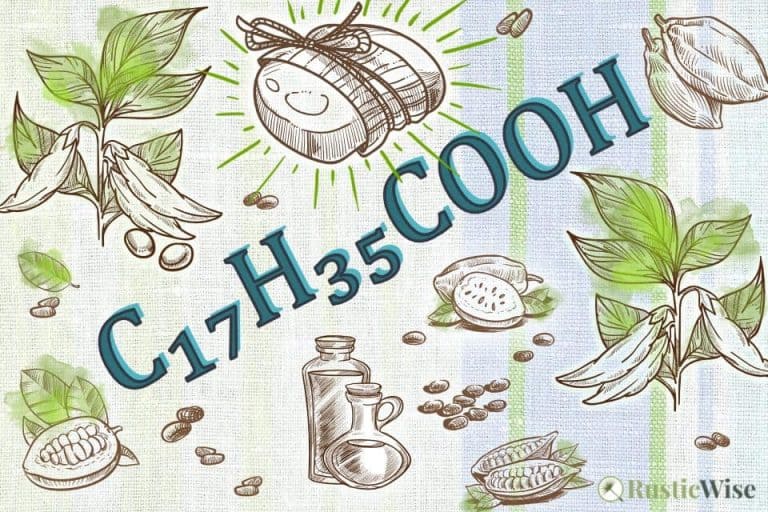
If you’re tired of soft bars of homemade soap, check out our guide on using stearic acid in soap. Plus we’ve rounded up a list of oils with high stearic acid.
End of content
End of content